
what is bitcoin mining?
Bitcoin mining requires specialized hardware known as Application-Specific Integrated Circuits (ASICs) to compete effectively due to the computational difficulty of the PoW puzzles. Miners typically join mining pools, combining their computing power and sharing the rewards, as solo mining can be highly unpredictable and less profitable.
AryaMiner: Your Premier Source for Bitcoin Mining Equipment
AryaMiner offers a comprehensive selection of top-notch cryptocurrency mining equipment from powerful ASIC miners . Our online platform provides easy access to a wide range of mining hardware, ensuring that novice and experienced miners can find what they need. Additionally, our physical showroom in Dubai offers a unique opportunity for residents to explore and purchase mining equipment in person.
What's Bitcoin?
Bitcoin is a digital or virtual cryptocurrency, often a decentralized digital currency. It was created in 2009 by an anonymous person or group using the pseudonym Satoshi Nakamoto and is based on a whitepaper titled "Bitcoin: A Peer-to-Peer Electronic Cash System."

Here are some key characteristics and concepts associated with Bitcoin:
- Decentralization: Bitcoin operates on a decentralized computer network, often called the blockchain. Any central authority, such as a government or a central bank, does not control it. Instead, it relies on a distributed ledger technology that records all transactions across a network of nodes.
- Blockchain: The blockchain is a public ledger that contains a record of all Bitcoin transactions. It is maintained by a network of nodes (computers) that validate and record transactions. This ledger is immutable, transparent, and tamper-resistant.
- Digital Currency: Bitcoin exists only in digital form. It has no physical counterparts like paper money or coins. Bitcoin units are represented as strings of alphanumeric characters and stored in digital wallets.
- Cryptography: Bitcoin transactions are secured through cryptographic techniques. Private keys are used to sign transactions and prove ownership of Bitcoin. Public keys and addresses are used to receive Bitcoin.
- Limited Supply: There is a maximum supply limit of 21 million Bitcoins. This scarcity is built into the Bitcoin protocol to control inflation and create value over time. New Bitcoins are created as rewards for miners who validate and add new transactions to the blockchain (a process known as mining).
- Pseudonymity: Bitcoin transactions are not directly tied to personal identities. Users are represented by their pseudonymous wallet addresses. While transactions are public, identifying the parties involved can be challenging without additional information.
- Global Transactions: Bitcoin transactions can be sent and received across international borders quickly and with relatively low fees compared to traditional banking systems. This feature makes it popular for cross-border transactions and remittances.
- Volatility: Bitcoin's price is known for its volatility. It can experience significant price fluctuations over short periods, making it both an investment opportunity and a source of risk.
- Store of Value: Some individuals and investors view Bitcoin as a store of value, similar to gold. They use it as a hedge against inflation and economic instability.
- Acceptance: Over the years, some businesses and online retailers have accepted Bitcoin as payment. It can be used to purchase a variety of goods and services.
It's important to note that the understanding and perception of Bitcoin can vary widely. Some see it as a groundbreaking innovation with the potential to disrupt the traditional financial system. In contrast, others remain skeptical due to its price volatility, regulatory concerns, and association with illicit activities. Bitcoin has also paved the way for the development of thousands of other cryptocurrencies, often referred to as "altcoins."

How Bitcoin Mining?
Bitcoin mining is the process by which new Bitcoins are created, and transactions are added to the public ledger known as the blockchain. It's also the mechanism by which the security and decentralization of the Bitcoin network are maintained. Here's a step-by-step explanation of how Bitcoin mining works:
- Transaction Verification: Bitcoin miners begin by collecting and verifying transactions broadcast to the network. These transactions are organized into a pool known as the "mempool."
- Creating a Block: Miners select a set of transactions from the mempool and group them into a candidate block. This block includes a unique transaction called the "coinbase transaction," which rewards the miner with newly created Bitcoins and transaction fees from the included transactions.
- Proof of Work (PoW): To add a block to the blockchain, miners must solve a complex mathematical puzzle. This puzzle involves finding a specific number, known as a "nonce," that produces a hash that begins with a certain number of leading zeros when combined with the block's data. This process is called Proof of Work (PoW), and it is computationally intensive.
- Mining Competition: Miners compete to solve the PoW puzzle by making numerous attempts (hashing the data with different nonces) until one of them successfully finds the correct nonce. This competition is what ensures the security and decentralization of the network.
- Adding the Block: Once a miner finds the correct nonce and produces a valid block with a matching hash, they broadcast it to the network. Other nodes on the network verify the validity of the block and its transactions.
- Consensus: To be added to the blockchain, the new block must receive an agreement from most network nodes. This consensus mechanism ensures that all nodes agree on the validity of the transactions and the order in which they are added to the blockchain.
- Reward and Transaction Fees: The miner who successfully adds a new block to the blockchain is rewarded with newly created Bitcoins (the block reward) and the transaction fees from the included transactions. As of my last knowledge update in September 2021, the block reward is halved approximately every four years in an event known as the "halving." The most recent halving occurred in May 2020.
- Continuation: The mining process continues, with miners working on adding new blocks to the blockchain. This process repeats approximately every 10 minutes, adding a new block to the blockchain. The difficulty of the PoW puzzle adjusts periodically to maintain this 10-minute block creation rate.
- Security and Decentralization: The competitive nature of mining and the necessity of PoW make it extremely difficult for a single entity to control the network or manipulate transactions, ensuring the security and decentralization of the Bitcoin network.
It's worth noting that the Bitcoin network's design and the block reward halving events are fundamental elements of its monetary policy and the reasons behind its capped supply of 21 million Bitcoins.

What are Bitcoin Miners?
Bitcoin miners are individuals or entities that participate in Bitcoin mining, which involves validating and adding transactions to the blockchain while also earning rewards in the form of newly created Bitcoins and transaction fees. Here are the key roles and characteristics of Bitcoin miners:
- Transaction Validation: Miners play a crucial role in the Bitcoin network by verifying and validating transactions. They collect and assemble a set of pending transactions into a new block. Each block typically contains hundreds or thousands of transactions.
- Block Creation: Miners create a new block by selecting a group of transactions from the mempool (a pool of unconfirmed transactions) and adding them to the league. This block also includes a unique transaction known as the "coinbase transaction," which rewards the miner with newly created Bitcoins (the block reward) and the transaction fees from the included transactions.
- Mining Hardware: Due to the complexity of the PoW puzzle, Bitcoin miners use specialized hardware called Application-Specific Integrated Circuits (ASICs). These ASICs are designed to perform the necessary hashing computations efficiently, as general-purpose computers or GPUs are not competitive in Bitcoin mining.
- Mining Pools: While some miners engage in solo mining, many join mining pools. Mining pools are groups of miners who combine their computing power to increase their chances of successfully mining a block. Rewards are distributed among pool members based on their contributed computing power. This approach provides a more consistent and predictable income for miners.
- Network Security: The PoW system and the competitive nature of mining ensure the security and decentralization of the Bitcoin network. Miners compete to find the correct nonce, making it computationally infeasible for any single entity to manipulate the network or control the order of transactions.
- Block Confirmation: Once a miner finds the correct nonce and creates a valid block, it is broadcast to the network. Other nodes on the network validate the block and its transactions. The block must receive consensus from most network nodes to be added to the blockchain.
- Block Reward: The miner who successfully adds a new block to the blockchain is rewarded with the block reward (which decreases through periodic halving events) and the transaction fees from the included transactions.
Bitcoin miners are an essential component of the Bitcoin network, as they maintain the network's security and control the issuance of new Bitcoins. Their efforts are rewarded by creating new coins and transaction fees, incentivizing miners to continue validating transactions and securing the network.
In Conclusion
AryaMiner is your gateway to cryptocurrency mining, providing quality equipment, expert guidance, and global accessibility. Explore our blog for more insights into Bitcoin and the intricacies of Bitcoin mining, and join our community as we navigate the exciting world of cryptocurrency together. Happy mining with AryaMiner!
Featured collection
Antminer S19J PRO 104Th
Antminer S19j Pro by Bitmain – 104TH/s High-Performance Bitcoin Mining The Antminer S19j Pro (104TH) delivers more hashing power for serious miners...
View full detailsAntminer S19
Antminer S19 – Efficient & Reliable Bitcoin Miner Built by Bitmain | HashRate: 82TH/s – 95TH/s | Energy Efficient The Antminer S19 from Bitmain...
View full detailsAntminer S19J PRO
Antminer S19j Pro by Bitmain – 100TH/s Reliable and Efficient Bitcoin Mining The Antminer S19j Pro from Bitmain offers a solid 100TH/s hashrate, ma...
View full detailsAntminer S19K PRO
Antminer S19k Pro by Bitmain High-performance SHA-256 miner – 115TH/s & 120TH/s The Antminer S19k Pro is a powerful Bitcoin mining device from ...
View full detailsAntminer S19 Pro
Antminer S19 Pro – Powerful & Efficient SHA-256 Mining The Antminer S19 Pro by Bitmain is a high-end ASIC miner designed for serious Bitcoin an...
View full details
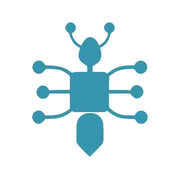


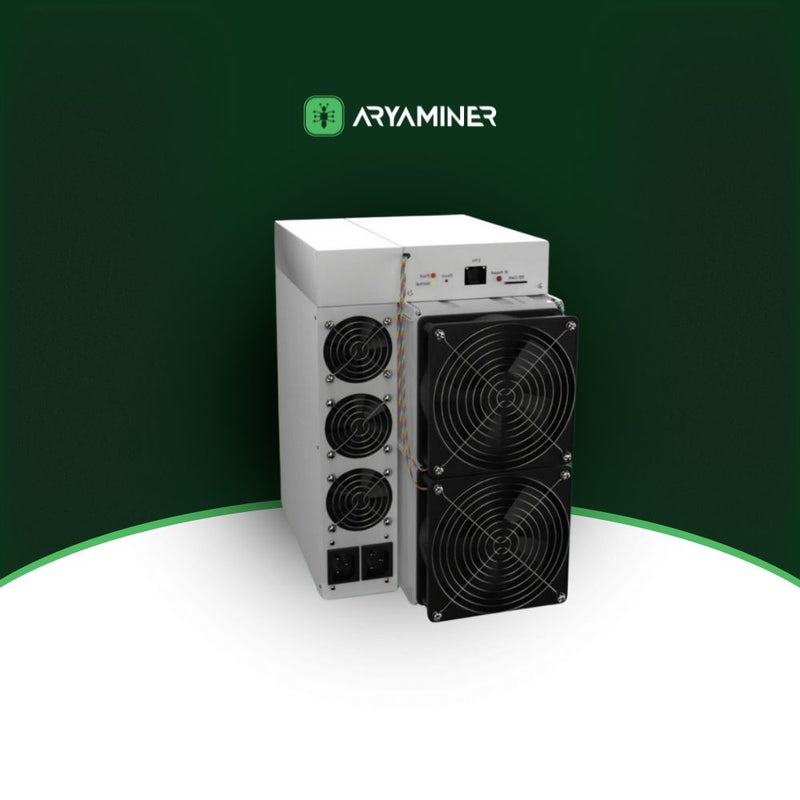
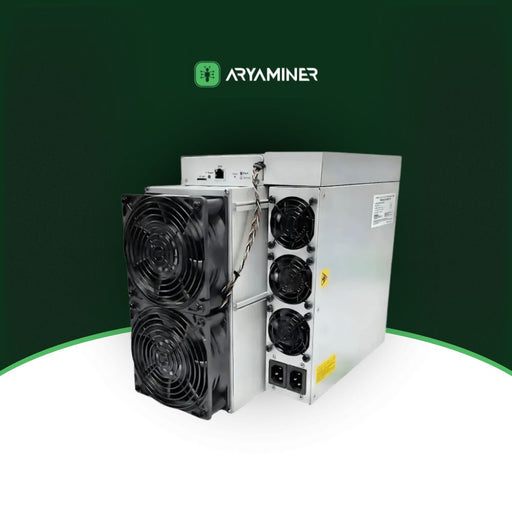
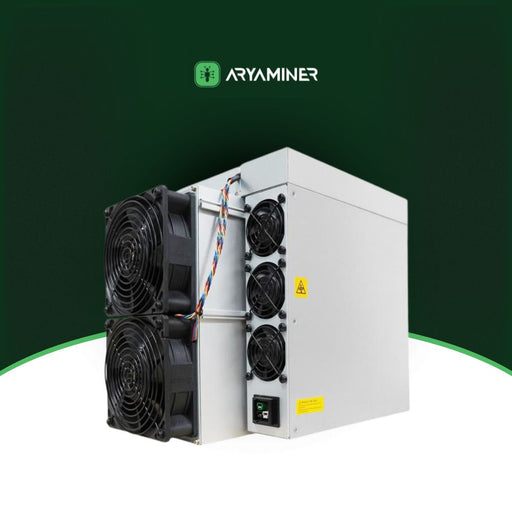
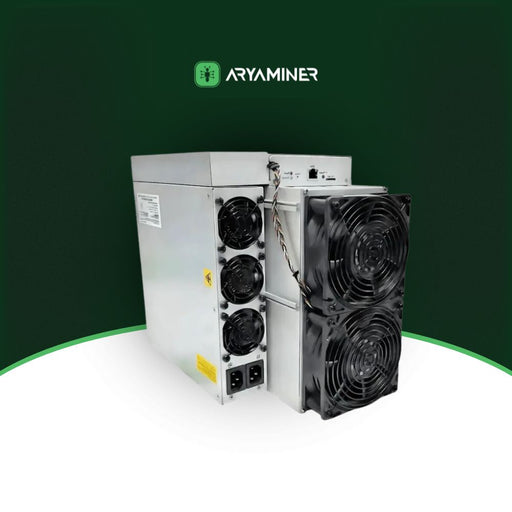
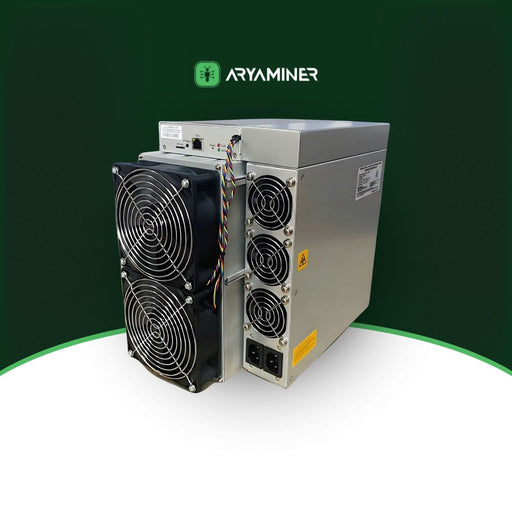
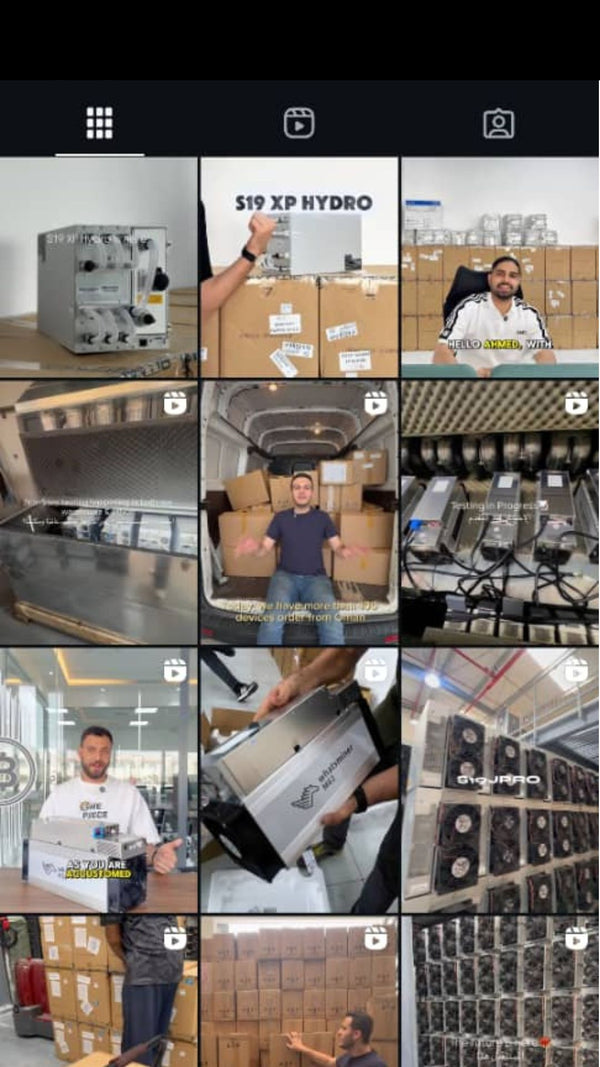
Leave a comment